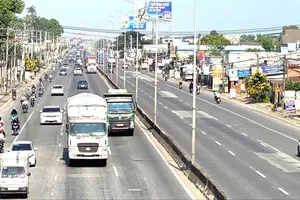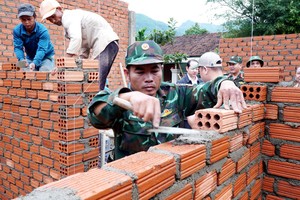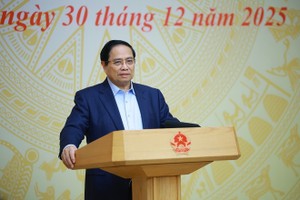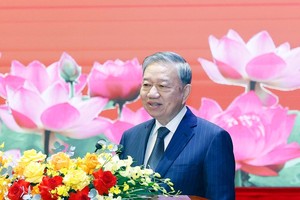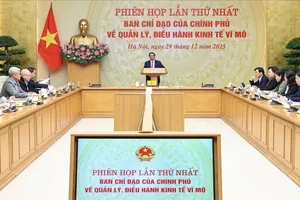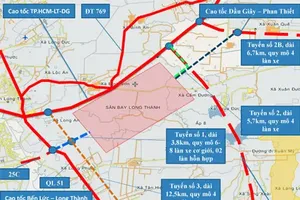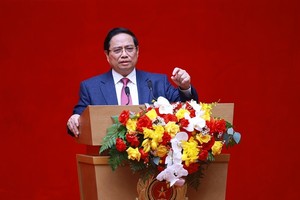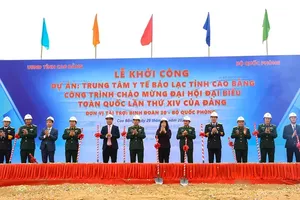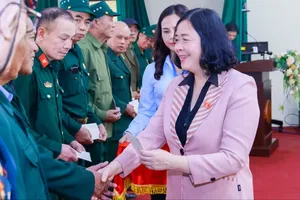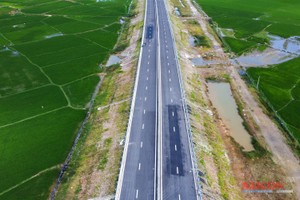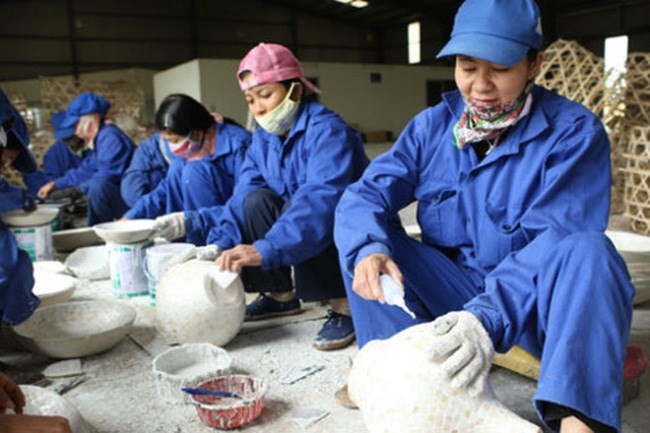
At a Hanoi seminar on March 8 seeking ways to enhance empowerment for rural women for the sake of sustainable development, he said the legal corridor has increasingly improved to enhance empowerment for rural women in every social aspect, notably the National Target Programme on Sustainable Poverty Reduction and New Rural Construction that focuses on vocational training for rural workers, as well as prevention of violence and abuse.
Co-organised by the United Nations in Vietnam; the Ministry of Labour, Invalids and Social Affairs and the National Committee for the Advancement of Women in Vietnam, the event attracted leaders of ministries, agencies from 20 cities and provinces, and socio-political organisations in the country.
Pham Thuy Trang from the Ministry of Agriculture and Rural Development’s Department of Legal Affairs said the ministry issued the action plan on gender equality for 2016-2020 and incorporated the issue into legal regulations.
Participants discussed the lives, labour, job and social welfare for rural women at a time when Vietnam strives to deliver on sustainable development goals and international commitments to promote gender equality and empowerment for women.
They suggested creating favourable conditions for women and children in rural areas to actively engage in deciding on policies that impact their lives, increase the capacity of adapting to climate change and environment degradation via facilitating women’s access to finance, sustainable energy, information technology and social welfare.
Statistics from the General Statistics Office showed that though agriculture contributed 16.3 percent of the gross domestic product in 2016, up to 41.9 percent of workforce joining agricultural production. Among 26.2 million women workers, nearly 44 percent were working in farming.
In rural areas, women working in agriculture accounted for 63.4 percent compared to 57.5 percent in men.
Co-organised by the United Nations in Vietnam; the Ministry of Labour, Invalids and Social Affairs and the National Committee for the Advancement of Women in Vietnam, the event attracted leaders of ministries, agencies from 20 cities and provinces, and socio-political organisations in the country.
Pham Thuy Trang from the Ministry of Agriculture and Rural Development’s Department of Legal Affairs said the ministry issued the action plan on gender equality for 2016-2020 and incorporated the issue into legal regulations.
Participants discussed the lives, labour, job and social welfare for rural women at a time when Vietnam strives to deliver on sustainable development goals and international commitments to promote gender equality and empowerment for women.
They suggested creating favourable conditions for women and children in rural areas to actively engage in deciding on policies that impact their lives, increase the capacity of adapting to climate change and environment degradation via facilitating women’s access to finance, sustainable energy, information technology and social welfare.
Statistics from the General Statistics Office showed that though agriculture contributed 16.3 percent of the gross domestic product in 2016, up to 41.9 percent of workforce joining agricultural production. Among 26.2 million women workers, nearly 44 percent were working in farming.
In rural areas, women working in agriculture accounted for 63.4 percent compared to 57.5 percent in men.

